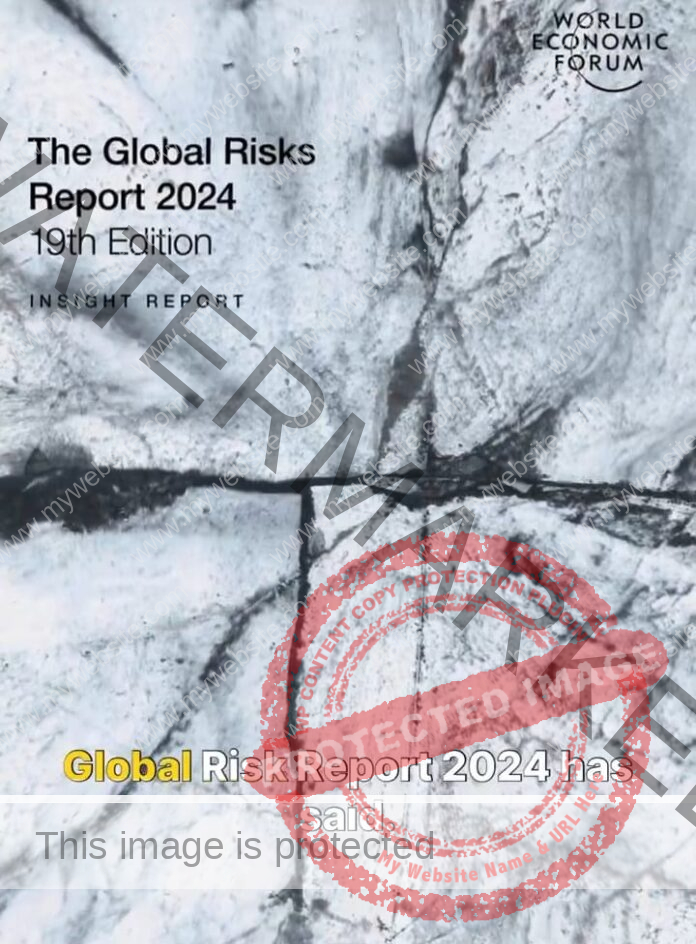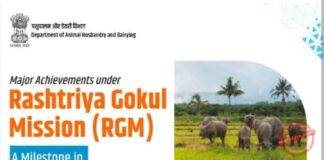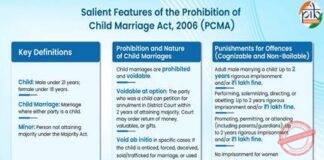The top most risk as mentioned in the World Economic Forum’s Global Risks Report 2024 for India is Misinformation and Disinformation.
Highlighting some of the most severe risks we may face over the next decade, against a backdrop of rapid technological change, economic uncertainty, a warming planet and conflict, it has spelled out five risks in its survey for every country. The report is based on a survey of nearly 1,500 experts, industry leaders and policymakers.
As per the report the other four top risks identified to affect Indian in next two years include Infectious Diseases, Illicit Economic Activity, Inequality (wealth, income) and Labour Shortage.
The report mentioned that emerging as the most severe global risk anticipated over the next two years, foreign and domestic actors alike will leverage Misinformation and disinformation to further widen societal and political divides.
It stated that as close to three billion people were expected to head to electoral polls across several economies – including Bangladesh, India, Indonesia, Mexico, Pakistan, the United Kingdom and the United States – over the next two years, the widespread use of misinformation and disinformation, and tools to disseminate it, may undermine the legitimacy of newly elected governments. Resulting unrest could range from violent protests and hate crimes to civil confrontation and terrorism.
Beyond elections, perceptions of reality are likely to also become more polarized, infiltrating the public
discourse on issues ranging from public health to social justice. However, as truth is undermined, the risk of domestic propaganda and censorship will also rise in turn.
AI Powered Misinformation and Disinformation
In response to mis- and disinformation, governments could be increasingly empowered to control information based on what they determine to be ‘true’. Freedoms relating to the internet, press and access to wider sources of information that are already in decline, risk descending into broader repression of information flows across a wider set of countries.
It is concerning that the boom in Generative AI chatbots like ChatGPT means that creating sophisticated synthetic content that can be used to manipulate groups of people won’t be limited any longer to those with specialized skills.
Structural Forces Shaping Global Risks
There are four structural forces shaping global risks over the next decade – Climate change, Technological Acceleration, Geostrategic shifts and Demographic Bifurcation. These forces represent longer-term shifts in global landscape, and their interactions could immensely contribute to uncertainty and volatility.
Environmental Risks at the Forefront
Environmental risks, particularly extreme weather, dominate the risk landscape over all time frames.
Concerns about climate change, biodiversity loss, and critical changes to Earth systems are evident, with potential irreversible consequences.
Economic Strains and Inequality
The cost-of-living crisis and economic risks such as Inflation and economic downturn are significant concerns for 2024.
Economic uncertainty will disproportionately affect low- and middle-income countries, leading to potential digital isolation and worsening societal and environmental impacts.
Security Risks and Technological Advancements
Interstate armed conflict is identified as a new entrant into the top risk rankings over the next two years. Technological advances, especially in artificial intelligence, pose security risks as they enable non-state actors to access disruptive tools, potentially leading to increased conflict and crime.
The Global Risks Report is annually published by the World Economic Forum ahead of the Forum’s Annual Meeting in Davos, Switzerland.
A Swiss nonprofit foundation, WEF was established in 1971 by Klaus Schwab, who is the founder and executive chairman of the Swiss based foundation in Geneva.






























